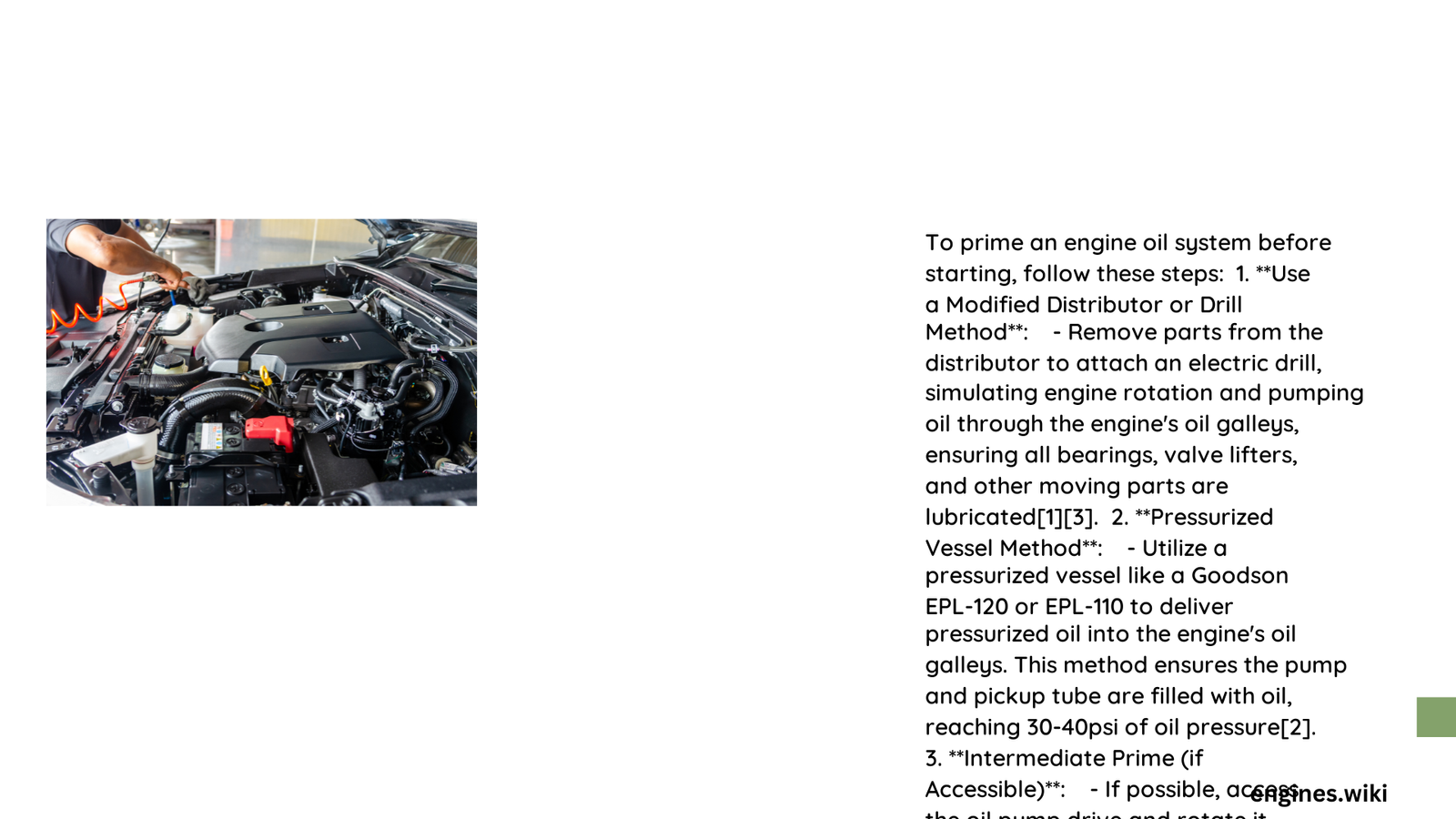Prime engine oil represents a critical component in maintaining vehicle health, serving as a fundamental protective mechanism that ensures smooth engine operation, reduces friction, prevents wear, and extends the overall lifespan of automotive powertrains. Understanding its nuanced characteristics and strategic application can dramatically impact vehicle performance and longevity.
What Makes Prime Engine Oil Essential for Vehicle Performance?
Engine oil is more than just a lubricant; it’s the lifeblood of your vehicle’s mechanical heart. By reducing friction, dissipating heat, and protecting against corrosion, prime engine oil plays a multifaceted role in maintaining engine integrity and performance.
Why Choose Specific Types of Engine Oil?
| Oil Type | Key Characteristics | Best For |
|---|---|---|
| Conventional | Budget-friendly | Standard driving conditions |
| Synthetic | High-performance | Extreme temperatures, high-stress engines |
| High Mileage | Seal conditioning | Vehicles over 75,000 miles |
What Are the Critical Benefits of Prime Engine Oil?
- Friction Reduction
- Minimizes metal-to-metal contact
- Prevents premature component wear
-
Ensures smoother engine operation
-
Thermal Management
- Transfers heat away from critical engine components
- Prevents overheating
-
Maintains consistent engine temperature
-
Contaminant Protection
- Traps and suspends microscopic debris
- Prevents sludge accumulation
- Maintains clean internal engine surfaces
How to Select the Right Prime Engine Oil?
Factors Influencing Oil Selection
- Vehicle Age: Newer vs. high-mileage vehicles
- Driving Conditions: Urban stop-and-go or highway driving
- Climate: Extreme cold or hot environments
- Manufacturer Recommendations
What Are Recommended Oil Change Intervals?
Typical Oil Change Frequencies:
– Conventional Oil: Every 3,000-5,000 miles
– Synthetic Oil: 7,500-10,000 miles
– High Mileage Oil: Dependent on vehicle condition
Pro Tips for Optimal Engine Oil Management
- Regular Inspections: Check oil levels monthly
- Use Quality Filters: Complement high-grade oil
- Follow Manufacturer Guidelines: Adhere to specific recommendations
- Monitor Oil Color: Dark, gritty oil indicates replacement needed
Technical Considerations for Prime Engine Oil
Viscosity Ratings Explained
- 0W-20: Ideal for cold climates
- 5W-30: Balanced performance
- 10W-40: Better for older engines
Common Misconceptions About Engine Oil
- ❌ All oils are the same
- ❌ More expensive always means better
- ❌ Oil changes can be indefinitely postponed
Advanced Engine Oil Strategies
- Consider synthetic blends for balanced performance
- Use oil analysis for precise maintenance
- Track oil consumption patterns
- Invest in high-quality additives
Conclusion

Prime engine oil before starting represents a strategic investment in your vehicle’s long-term health. By understanding its complexities and implementing informed maintenance practices, you can significantly enhance engine performance and longevity.
